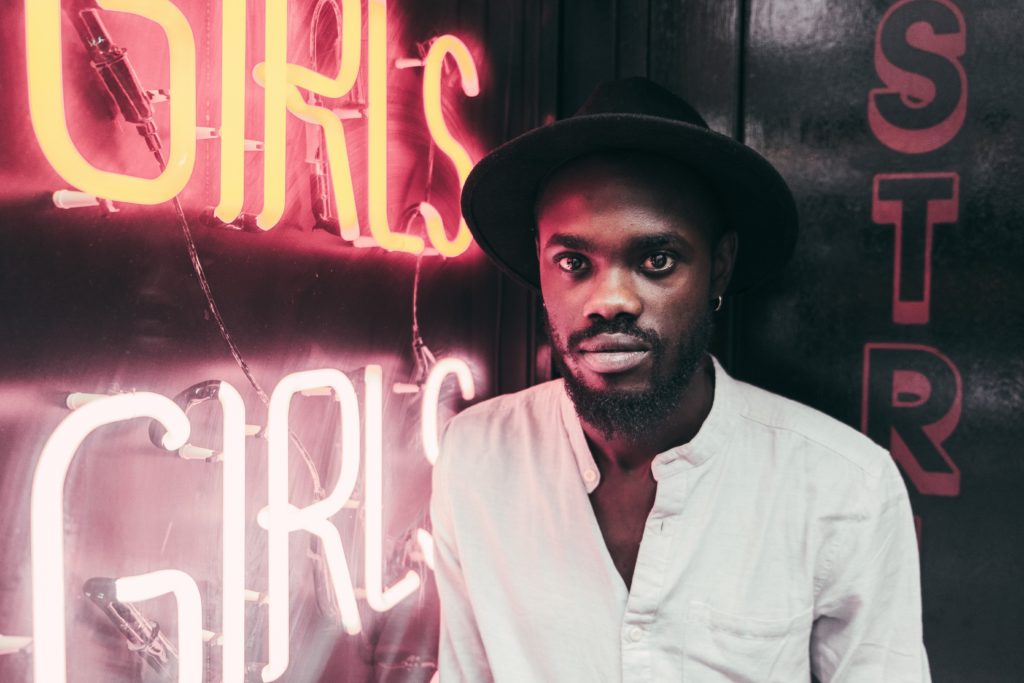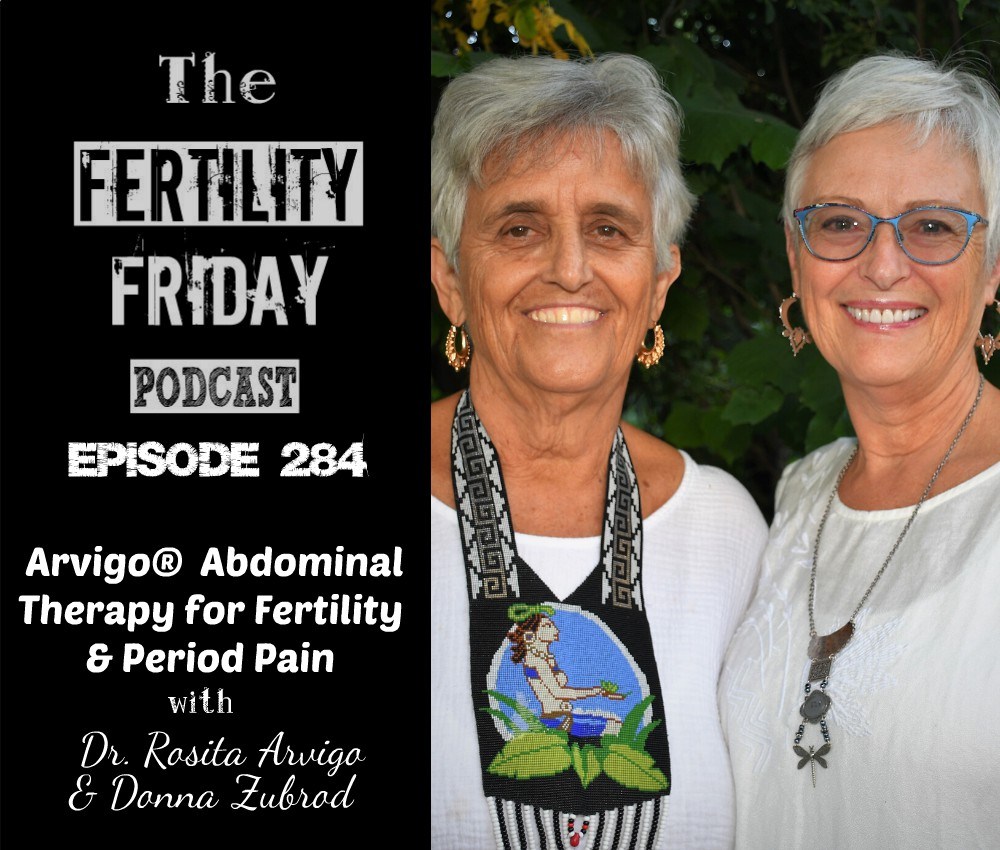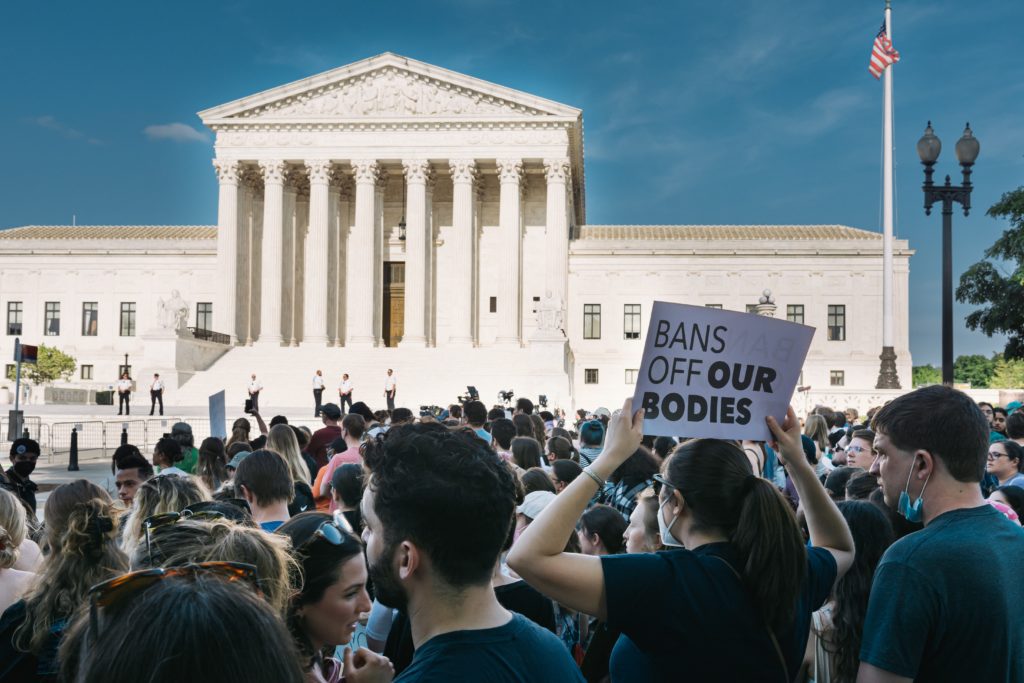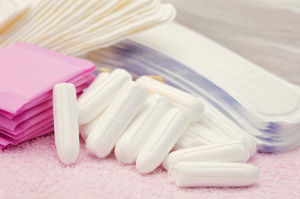
Beware of Love Bombing!
October is Domestic Violence Awareness Month, and as usual, the team here at SuzyKnew! has a lot to say about it. We’re kicking off this #DVAM by bringing attention to a common feature of abusive intimate relationships: love bombing. Specifically, we’re going to talk about love bombing within the Narcissistic Cycle of Abuse.
But first, some definitions. Let’s start with narcissistic personality disorder, which the Mayo Clinic defines as “A disorder in which a person has an inflated sense of self-importance … found more commonly in men … Symptoms include an excessive need for admiration, disregard of others’ feelings, an inability to handle any criticism, and a sense of entitlement.” Given this definition, it’s no surprise that abusers often have narcissistic personality disorder.
Next let’s define love bombing, since it is the first stage of the Narcissistic Cycle of Abuse. It’s important to understand this concept because it can easily be confused with the giddiness of genuinely falling in love. That’s why it’s so dangerous and confusing.
In her article, “Love Bombing: Definitions, Signs, and What to Do” for Choosing Therapy.com, Nicole Arzt describes Love Bombing as “intense emotions, affection, and admiration someone gives to another person in a relationship … (that) can happen at any stage of a relationship, but it’s more common when two people first meet. While all this attention may seem flattering, it can be dangerously manipulative. Some people use this tactic to gain trust and build intimacy quickly.”
Love bombing tends to be the first stage in the Narcissistic Cycle of Abuse, which has a total of four stages:
- Love Bombing: (see above)
- Devaluing: This is usually in the form of criticism, put-downs, passive-aggression, or gaslighting specifically used to hurt someone.
- Discarding: The abuser ends the relationship, usually suddenly and with a lot of drama.
- Hoovering: Even though the abuser is the one who ended things, he’ll often regularly check on his ex. Then he gaslights and manipulates her in order to, like a Hoover vacuum cleaner, suck her back into his chaos and drama.
Love bombing can take many forms, like gifts, frequent and heavy social media interactions, and early, passionate declarations of love. The recipient of all this attention may relish it at first. Because who doesn’t like receiving gifts and being fawned over? But once that Narcissistic Cycle of Abuse starts, it gets harder and harder to leave. And often, the abuse escalates into other kinds of abuse like physical, sexual, and financial.

That’s why it’s imperative to recognize the signs of love bombing and narcissistic abuse before it’s too late. Remember, domestic violence and/or intimate partner kills.
In her article, Arzt lists 11 signs of love bombing, which I’ve paraphrased below:
- They want to know everything about you right away. This can feel wonderful at first. Finally, you’ve found someone who really listens to you and seems genuinely fascinated by you. But a narcissist will use your more sensitive information later to control, exploit, and manipulate you.
- Dumping their personal details too quickly. At first, this may seem like he trusts you, but it’s inauthentic. He may divulge his information to establish empathy and closeness, like you’re the only one special enough to really know him.
- They want constant validation. A love bomber seeks constant reassurance of his greatness and worth because deep down, he’s terribly insecure. This can be exhausting for you, because no matter how much you reassure him, it’s never enough.
- Intense Declarations of love. He’ll use words like “soulmate” and constantly tell you that you’re the best thing that’s ever happened to him. But as Arzt points out, “While these compliments can seem flattering, they should be a red flag. First, it takes time to know someone, and falling in love shouldn’t happen overnight. Furthermore, true commitment and closeness transcend grandiose words.”
- Pressure to make you commit. These guys move fast, often wanting to make things “official” right away. Relationships move at their own pace, but if you feel pressured to move faster than you’re ready to, be careful.
- Saying all the right things. Love bombers always know just what to say, as they’re very charming and skilled at social intelligence. They pay close attention to say the right words, but it’s disingenuous and performative.
- Intense Clinginess. He always wants to be with you, and when he’s not, he will call and text you constantly. He always demands more of your time and attention because he wants you to always think about him. He wants to be your entire world!
- Over the top, expensive gifts. Instead of one bouquet of flowers, he sends six. He buys you expensive jewelry very early in the relationship. That may sound wonderful on paper, but it’s actually awkward and excessive because he’s doing too much. This form of love bombing is manipulative and often an effort to get you to feel indebted to him.
- Immense Jealousy when you’re with ANYONE else. Some jealousy in a relationship is normal. But when he’s jealous of the time you spend with your family, your friends, and even your job, that’s a problem. He’ll even resent your hobbies! This is extremely toxic and bad for you.
- Things just feel “off”. In your gut you already know something’s wrong. You may even feel embarrassed about the intensity of your relationship and downplay it to others. Trust your instincts.
- Sudden coldness or withdrawal. Everything seemed wonderful … until it wasn’t. Maybe you finally set a boundary or had too much fun at brunch with your friends. Or maybe he just couldn’t keep up the love bombing any longer. Either way, he starts seeing your flaws and begins to act distant, annoyed, or even angry.
For more information, I suggest you read Arzt’s article. She even shares ideas on what to do should you find yourself being love bombed. It’s a fascinating read.
The bottom line is that love bombing is a dangerous stage in a larger cycle of narcissistic abuse which can, and often does, lead to other forms of abusive behavior. Love bombing is manipulative and controlling. It’s toxic. And if you find yourself in this kind of situation, please be careful and make a plan to leave. Leaving may be difficult, but it could save your life.
If you or someone you know is in an abusive situation, help is available. In the U.S. call 1-800-799-7233 or text START to 88788.
Please stay safe out here.
#domesticviolencekills #DVAM2022 #enddomesticviolence #BewareofLoveBombing #LoveBomb






















